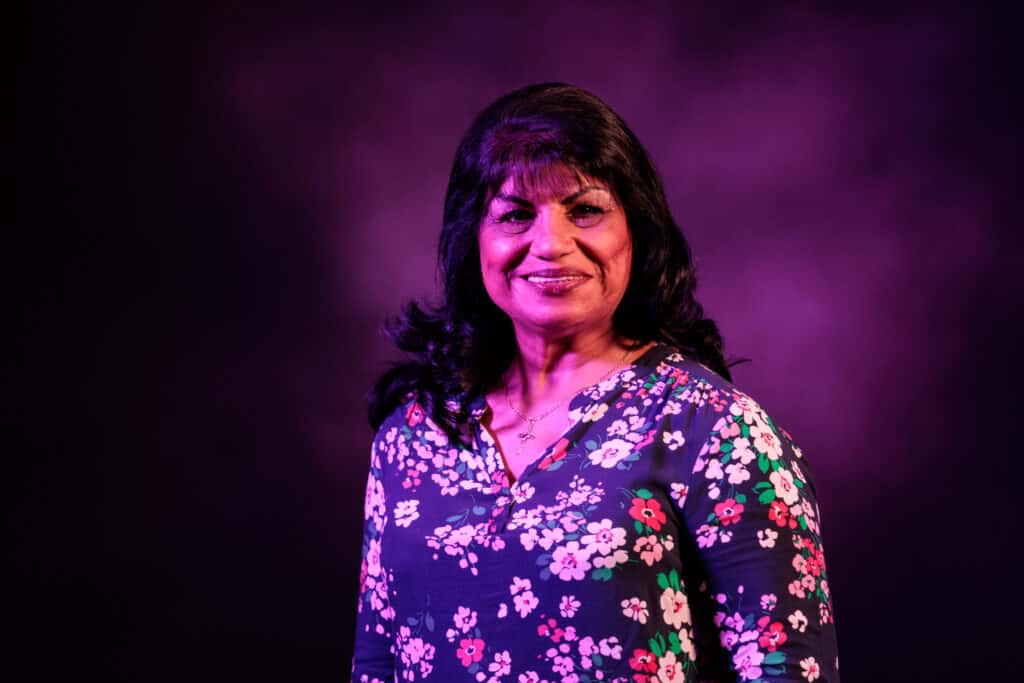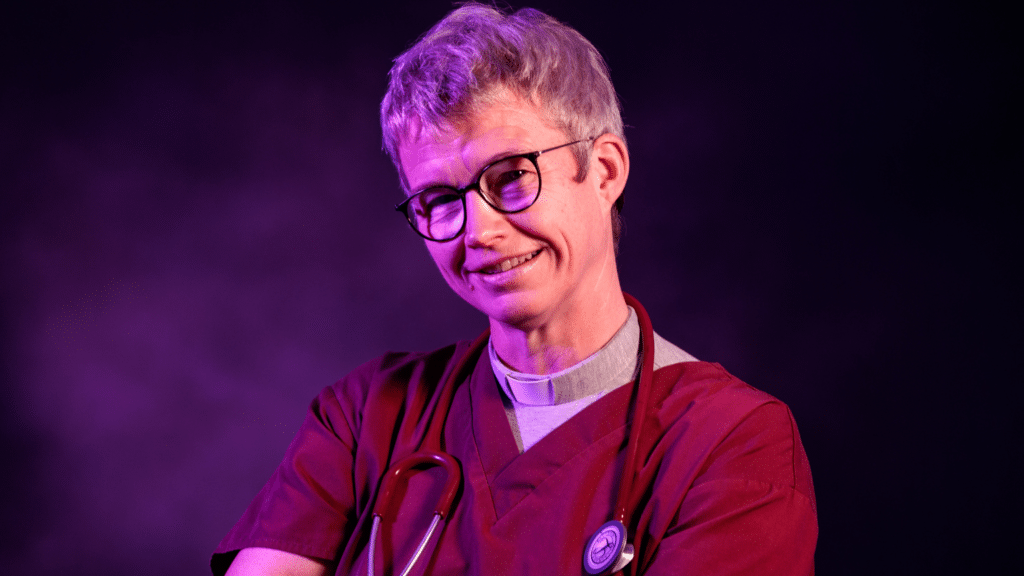The Religious Life is a particular way of living the Christian life – it is a call to prayer and service. Committing to a Religious Life in this way means becoming a member of a specific religious community in which promises or vows are taken. The promises vary between communities but usually involve committing to a pattern of prayer and worship and of acts of service, often framed around living simply (poverty), refraining from sexual relationships (chastity) and committing to be part of a community without complete individual freedom (obedience).
Religious Communities vary greatly, ranging from non residential network style communities where members live to particular rules of life within their ordinary daily life, through to residential communities who are separate from the normal activities of daily life, set apart to pray.
Religious Communities have been centres of pioneering ministry in our history in this country – involved in nursing, education and supporting those in poverty. Dedication to this work, a structured pattern of prayer and the lifelong commitment to a community of people is a difficult notion and is explored gradually as a deepening sense of calling to this way of life is tested.
Religious Communities are often described in 3 different groups:
Active – where those living in the community serve in roles outside of the community
Contemplative – where the focus for those living in the community is prayer
New Monastic – new communities set up any time from after the Second World War, a revival of Christian groups seeking new ways to live with community values with shared rhythms of service and prayer.
To find out more about some specific Anglican Religious Communities look here https://arlyb.org.uk/









